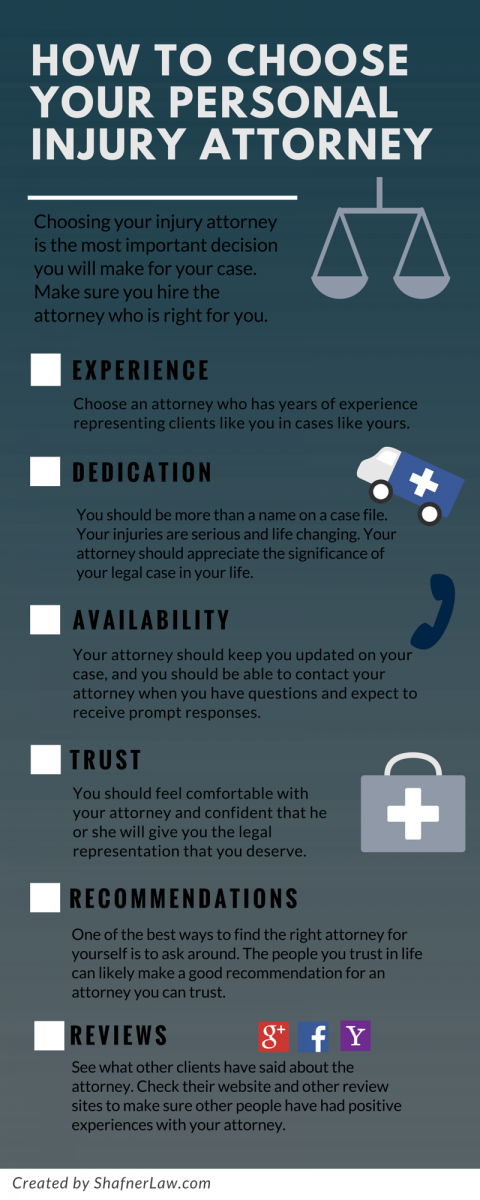Landlord-Tenant Regulation: A Real Estate Attorney'S Overview
Landlord-Tenant Regulation: A Real Estate Attorney'S Overview
Blog Article
Material Develop By-Lopez Richmond
When it involves landlord-tenant legislation, understanding your rights and responsibilities is critical for both celebrations. You might believe you have a strong grasp on the fundamentals, however there are commonly nuances that can catch you unsuspecting. Whether you're a proprietor managing a building or a lessee seeking a stable home, comprehending the lawful landscape can make all the distinction. What may stun you are the intricacies involved in browsing conflicts and eviction procedures.
Understanding Renter Civil Liberties and Responsibilities
When you lease a residential property, it's vital to recognize your rights and duties as a renter. You have the right to a safe and habitable living atmosphere, indicating your landlord has to preserve vital solutions like heating, pipes, and electrical power.
You're additionally entitled to personal privacy; property owners normally require to provide notice prior to entering your device.
On the other side, you are accountable for paying lease promptly, maintaining the building clean, and not creating damages past typical damage.
Acquaint on your own with your lease contract, as it outlines specific rules and responsibilities. Knowing these elements not just shields you yet likewise promotes a positive connection with your proprietor.
Remain notified, and you'll navigate your occupancy more effectively.
Secret Landlord Commitments and Legal Factors To Consider
While you might understand your civil liberties as a tenant, it's just as vital to recognize your property owner's responsibilities.
Landlords must give a secure and habitable living environment, guaranteeing that vital systems like heating, plumbing, and electricity are in functioning order. They're also in charge of making necessary repair services immediately and adhering to local building codes.
Additionally, proprietors should respect your personal privacy by providing appropriate notice before entering your device, generally 1 day. They should deal with security deposits according to state regulations, consisting of returning them without delay after you vacate, minus any kind of lawful deductions.
Comprehending these obligations can assist you keep a favorable relationship with your proprietor and guarantee your living scenario fulfills legal requirements.
Navigating Conflicts and Eviction Processes
Conflicts in between property managers and occupants can develop all of a sudden, making it critical for you to recognize the procedures associated with settling them.
First, interaction is crucial-- attempt to go over problems straight to find a concession. If that falls short, acquaint yourself with your neighborhood legislations relating to disputes and eviction. Paper everything: keep documents of communications, payments, and any infractions.
If expulsion comes to be required, guarantee you comply with the legal steps called for in your area, which typically consists of providing written notification and a details duration for resolution.
Be prepared to head to court if the circumstance escalates, maybe your only recourse. Comprehending trust vs a will will aid you browse disputes better and safeguard your civil liberties as either a property manager or lessee.
Conclusion
In summary, recognizing landlord-tenant regulation is essential for both celebrations involved in a rental arrangement. By recognizing your rights and duties, you can promote a better living environment and avoid disputes. If disagreements arise, bear in mind that a realty legal representative can assist lead you with the complexities of eviction procedures and lawful commitments. Remaining notified and pop over to this web-site will certainly guarantee a smoother rental experience, whether you're a property owner or an occupant.
